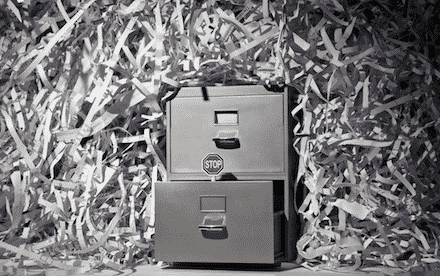June 28, 2016
Who’s Reading Your Information in Richardson Texas?
Privacy has actually been a concern for people ever since the first tribe started constructing individual huts, providing the residents shelter along with privacy. And individual privacy has been violated since that first person started peeking in the window of that first hut, curious about exactly what might be going on inside that was so intriguing. Over the years, we have actually discovered more methods to secure privacy and, hand in hand, more methods to breach personal privacy. We close shades to keep out peepers, but don’t know if somebody has placed a microcam in the room. We close the door to make a personal phone call, without knowing if somebody has tapped the phone line.
Typically we have worried about people with bad intentions spying on us. Blackmailers, private investigators, foreign governments, even our own government are examples of individuals and organizations that have done so in the past. If we are doing nothing wrong, we don’t have to stress over them, do we?
Now all that has changed. Big Brother is still spying on us; however, even with all the fancy eavesdropping equipment that we learn about from individuals like Edward Snowden, there is just so much that they can do. And in the end, the information they collect is readily available to them. For the United States government to be a threat, they first need to be actively spying on you, then they have to decide that what you are doing warrants them getting involved (like by apprehending you). Sure, I would rather that they not listen to my call. But besides driving 70 in a 60 MPH zone (just for example– naturally I would never ever actually do such a thing), I really haven’t been doing much recently that would offer them need to be interested in me. The one I worry about is not Big Brother, but rather Little Brother.
The term ‘Little Brother” was initially mentioned in a New York Times article published in 2010. Or at least so I’ve read, and it must be true because I read it on the internet, right? I might actually research that, but it may be too much work so we’ll just assume that’s correct. Anyhow, the point of the article was that we need not worry about Big Brother attacking our privacy. It’s the lady in California with the cellular phone who thinks the way I drink my latte is funny and chooses to share it on Youtube. It’s the buddy who believes the autocorrect error on a text message is so amusing that they just have to post it on Instagram and after that Tweets about it. It’s everybody around me who, thanks to the smartphone, is lugging around a video camera 24/7 with the capability to quickly show the world any social transgression, any funny mistake I make.
And there is a third category of possible privacy abuses: companies. Every day it becomes easier to collect and save information on consumers. Couple this with a drive for business to customize their communication with each consumer, which relies upon gathering and keeping information about said consumer, and there is more information about you than ever before being gathered and kept by companies you do business with. And this, at least, is an area you can do something about. You cannot control what the government does, and you cannot control what the person sitting across from you on the bus does. You can, however, influence what businesses do with your information.
Having confidential information is not a bad thing. Thanks to Google, if I need to see ads on the pages I surf they are usually about things I may in fact want. A little creepy but still something that enhances my experience. If I have to get bombarded with spam in my mailbox before Christmas, at least it can be for products that I might in fact desire. The concern can be found in when these business sell my confidential information, or worse, let it get out inadvertently. Selling information is usually spelled out by the organization in a personal privacy policy. But theft of information… who knows when that can happen? And this is where we have to insist that if we are going to provide a business our individual information that they take correct preventative measures.
Regardless of the periodic notice I get about my charge card information having been possibly hacked from one company or another, the majority of companies are quite persistent about computer security. Leaving your computer system(s) vulnerable invites not only theft of information but also total disruption of the business. Unfortunately, numerous businesses do not offer the same level of security for paper-based information as they do for information stored electronically. The focus is progressively on electronic information, but there is still a large quantity of individual information that is printed out on reports, communications, and so on. This information has to be treated with the same respect and concern.
You cannot stop the government, or the people around you. You can, however, ask a business in Richardson whether they shred all of their files or just drop them in a recycling bin. If they want your business, tell them that they need to treat your confidential information securely and that includes a comprehensive shredding program. Or take your business elsewhere. That part of your life you do still have control over.

